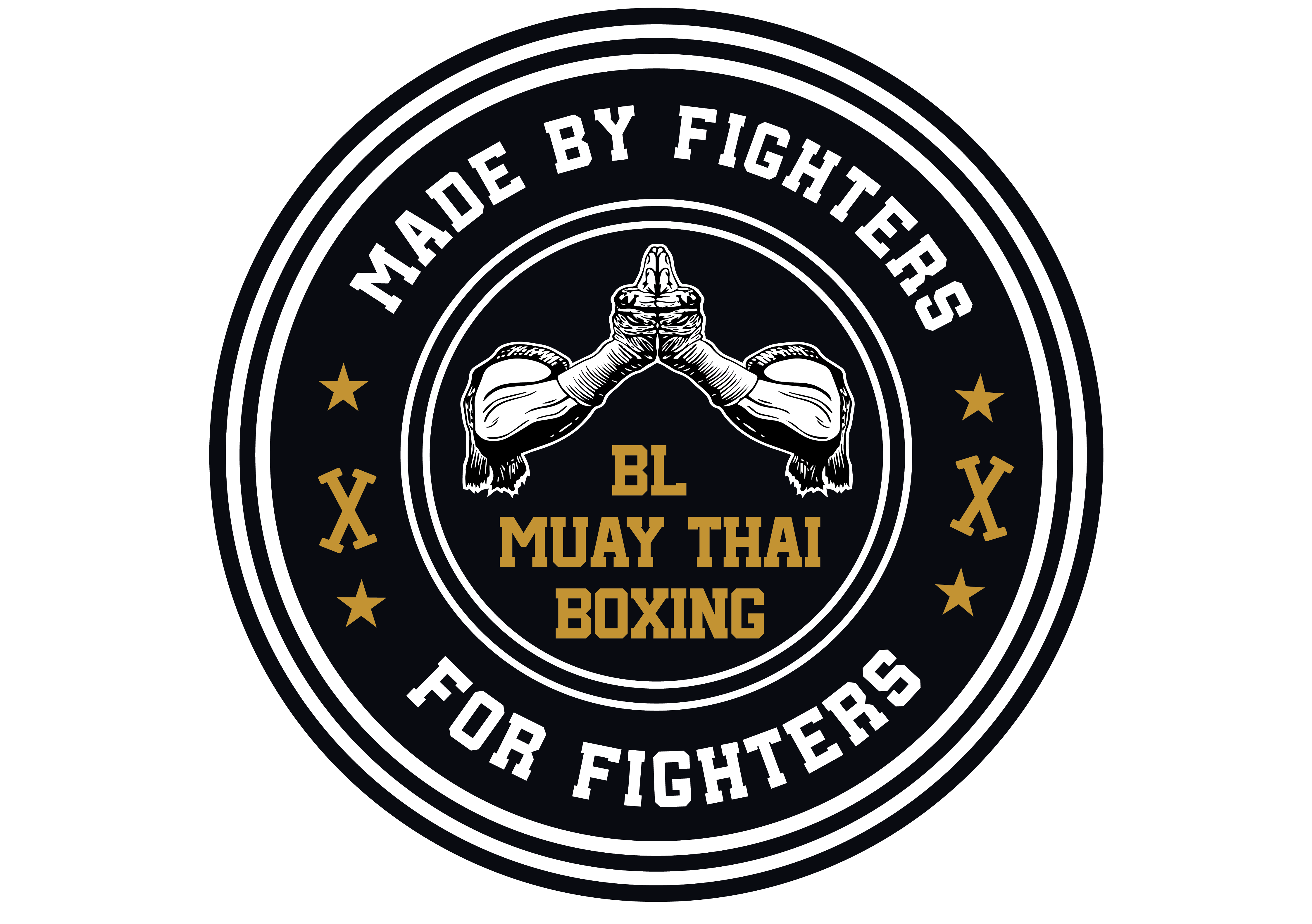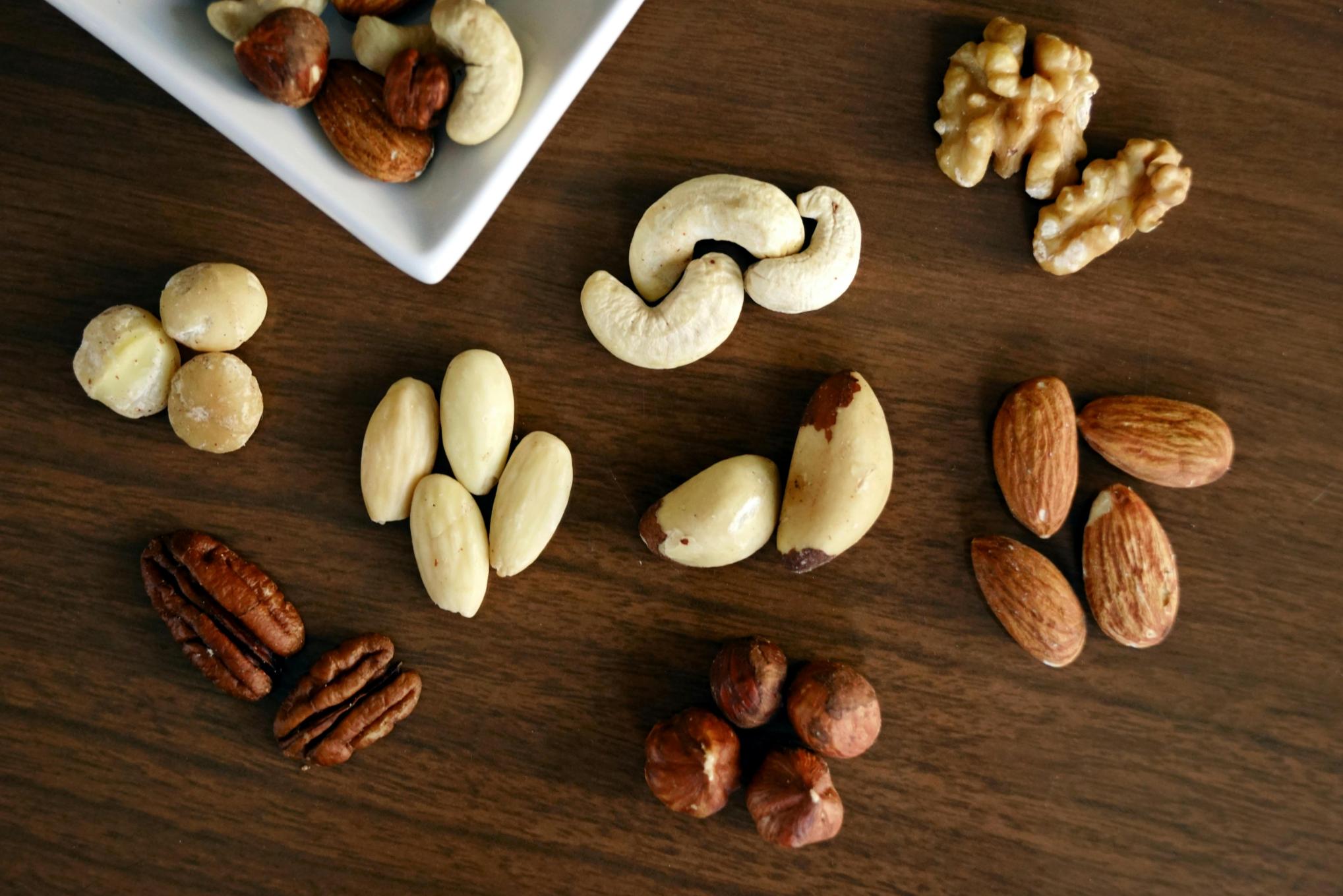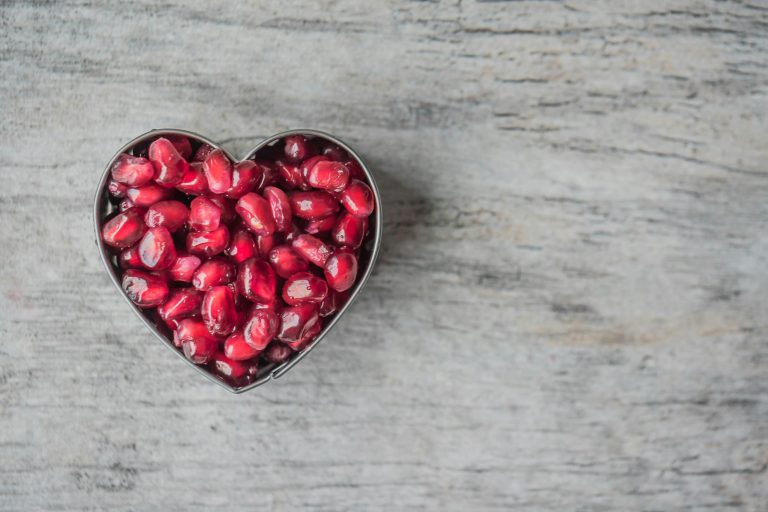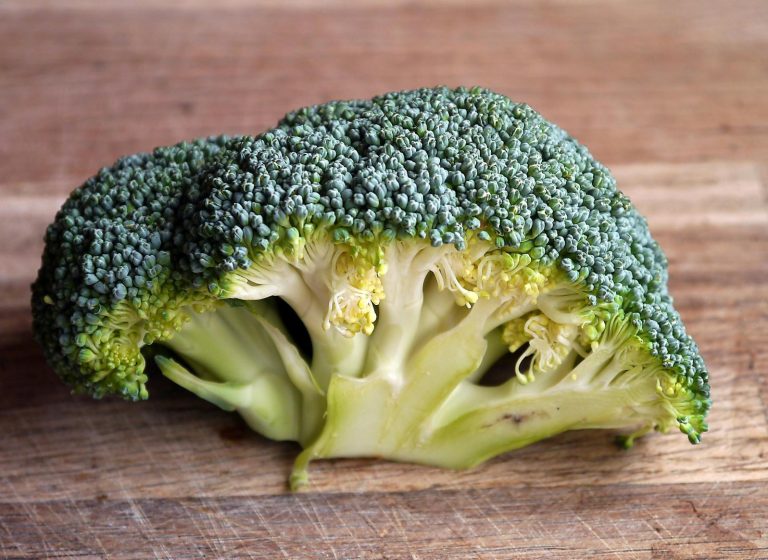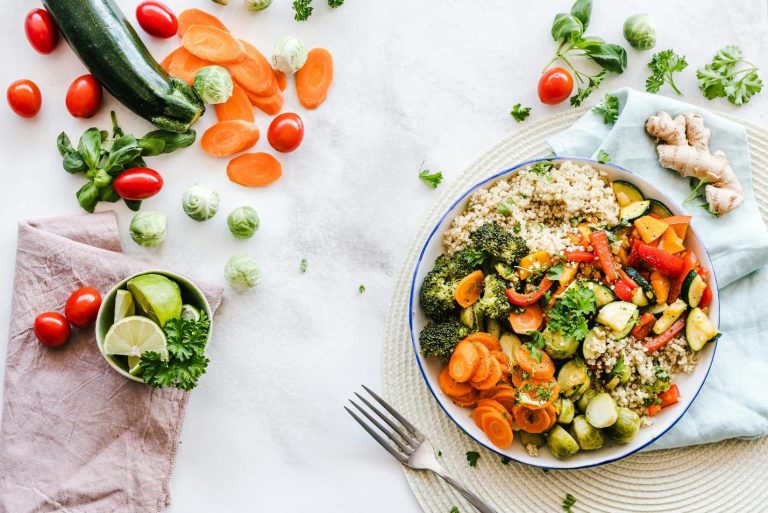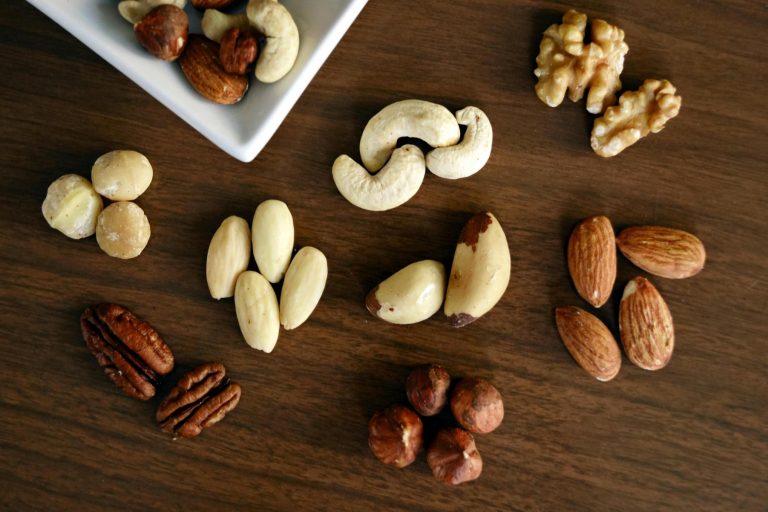Hey friends, Kristina here! I’m a pro fighter and 3x UAE champion, and I get a ton of questions about nutrition and training routines. One topic I’m asked about a lot lately is intermittent fasting (IF). I’ve actually been doing IF for over three years now, and I love it—it keeps me feeling light, helps with weight management, and gives me better clarity in the morning. So, I thought I’d break down the basics for you.
What is Intermittent Fasting?
So, first off, what exactly is intermittent fasting? It’s pretty much a pattern where you cycle between periods of eating and fasting. People don’t focus as much on what they’re eating, but when they’re eating. Some of the most popular schedules look like this:
- 16:8 – Fast for 16 hours, eat during an 8-hour window.
- 5:2 – Eat normally 5 days a week, but on 2 days, you stick to around 500-600 calories.
- Eat-Stop-Eat – Pick 1-2 days per week where you fast for 24 hours.
The 16:8 is one of the most popular options because it’s easier to stick to and lets you have some structure without making it too complicated.
Benefits & Risks of Intermittent Fasting for Fighters
Intermittent fasting is a tool, but is it the right one for us fighters? Here’s a quick look at the ups and downs:
The Pros
- Better Energy Management: A lot of fighters say they feel lighter, faster, and more focused, especially during training.
- Fat Loss: Because you’re not eating all the time, it can help you manage your weight. For fighters cutting weight or trying to stay lean, this can be helpful.
- Boosts Mental Clarity: With fewer meals to think about, some people feel less sluggish and more focused. I notice this especially in the mornings—fasting really helps me think clearer.
The Cons
- Energy Crashes: When you’re training hard, fasting might make you feel weak or sluggish.
- Muscle Loss: Fighters need muscle, and with extended fasting, there’s a risk you could burn some muscle along with fat.
- Recovery: After a brutal training session, your body needs fuel to repair, and fasting too long can delay that. Personally, I make sure I eat right after a workout, especially if it’s intense.
Tips for Starting Intermittent Fasting as a Fighter
If you’re thinking of giving IF a try, here are some tips to ease into it:
- Ease Into It: Start with a shorter fasting period (like 12 hours) and work your way up.
- Stay Hydrated: Hydration is key, especially when you’re training and not eating. The more water your drink the more weight you can loose.
- Focus on Quality Foods: IF isn’t an excuse to binge on junk food during your eating window. You’ll want to load up on lean proteins, healthy fats, and complex carbs.
- Listen to Your Body: If you feel weak or exhausted, don’t push through it. The goal is to improve performance, not suffer.
FAQs
Can intermittent fasting improve fight performance?
It can for some fighters! IF might give you better energy control, but it’s not a one-size-fits-all. Make sure you know how your body responds before you go all-in.
How should fighters break their fast?
I always recommend something with a good balance of protein, carbs, and fats—maybe a shake or a meal with eggs, whole grains, and some greens.
Sources:
Check out some insights from The Journal of the International Society of Sports Nutrition or speak to a sports nutritionist if you’re looking for expert guidance on IF.
Final Thoughts
Intermittent fasting can be a great tool, but only if it fits your lifestyle and training goals. For fighters like us, performance and recovery always come first. Try it, see how you feel, and remember that the best diet is one you can stick to without feeling run down.
For more information about our classes and to sign up for a trial session, visit our website or contact us at +971 58 235 40 14. We offer
We look forward to welcoming you to our Muay Thai community!
